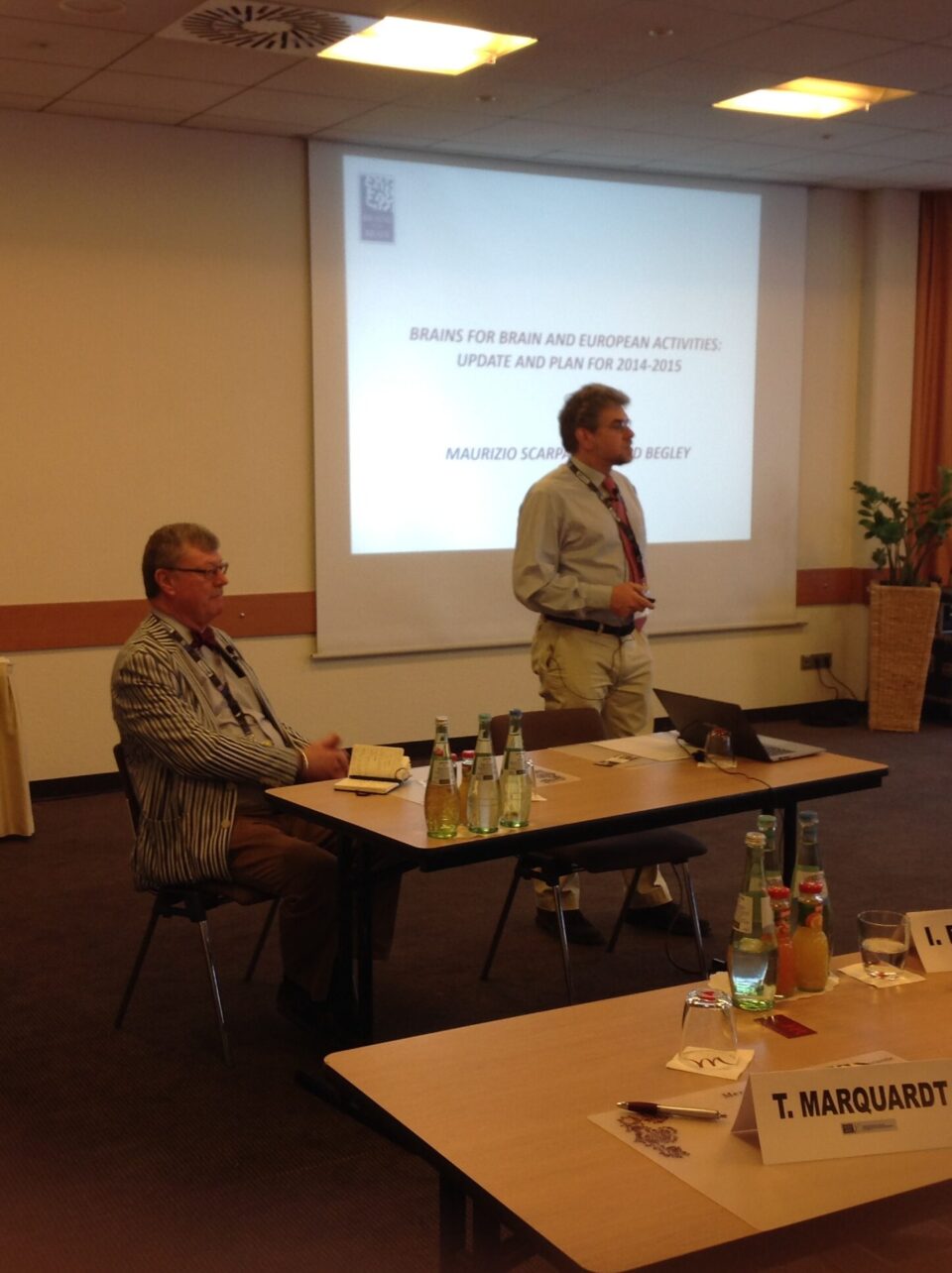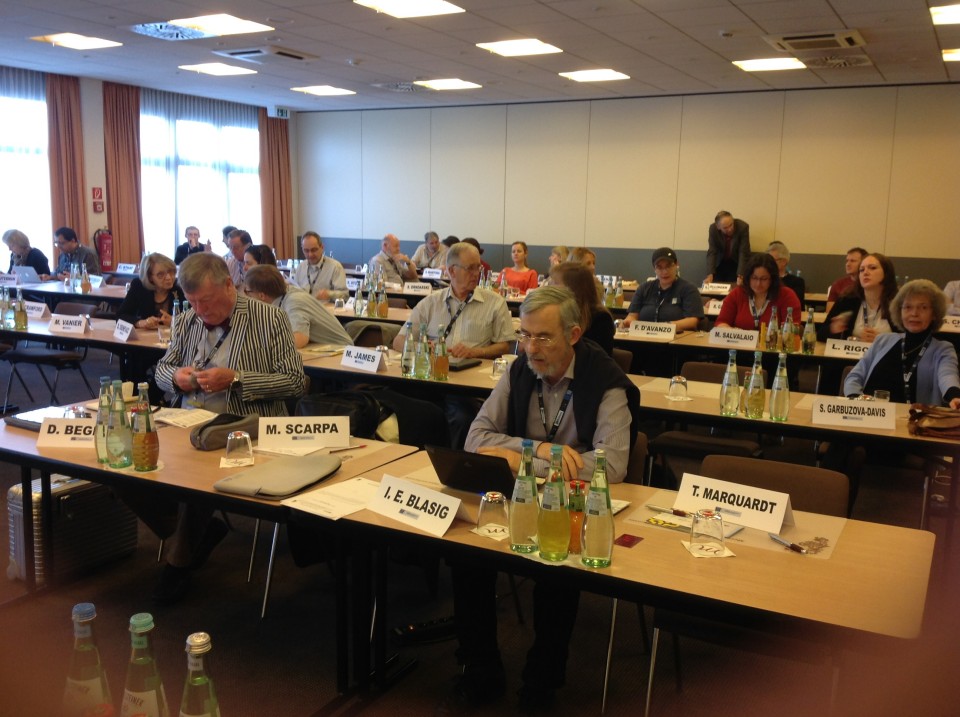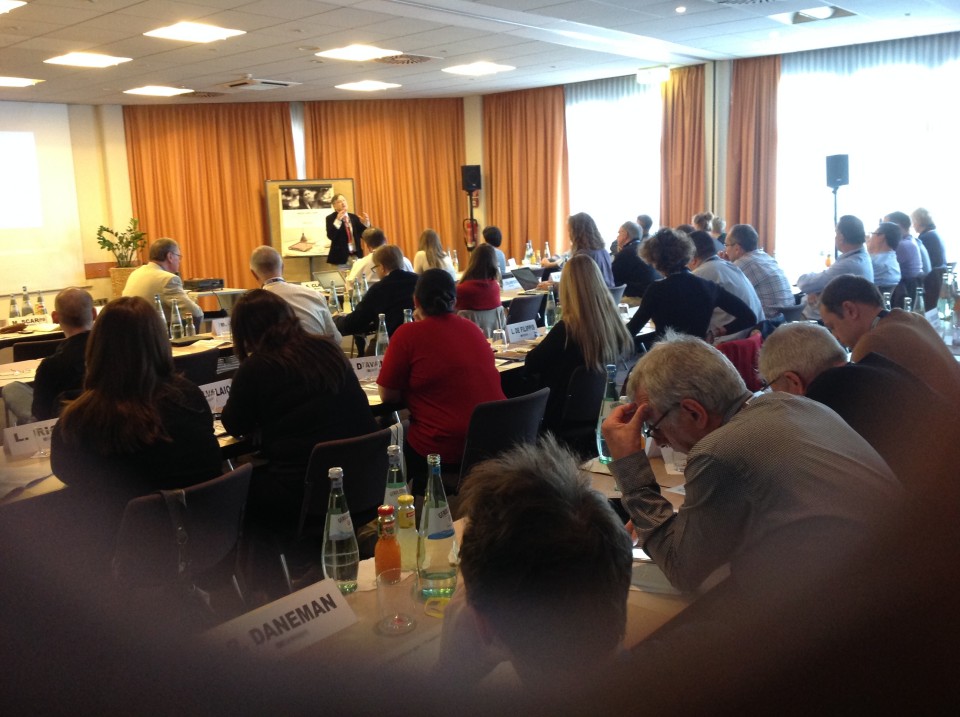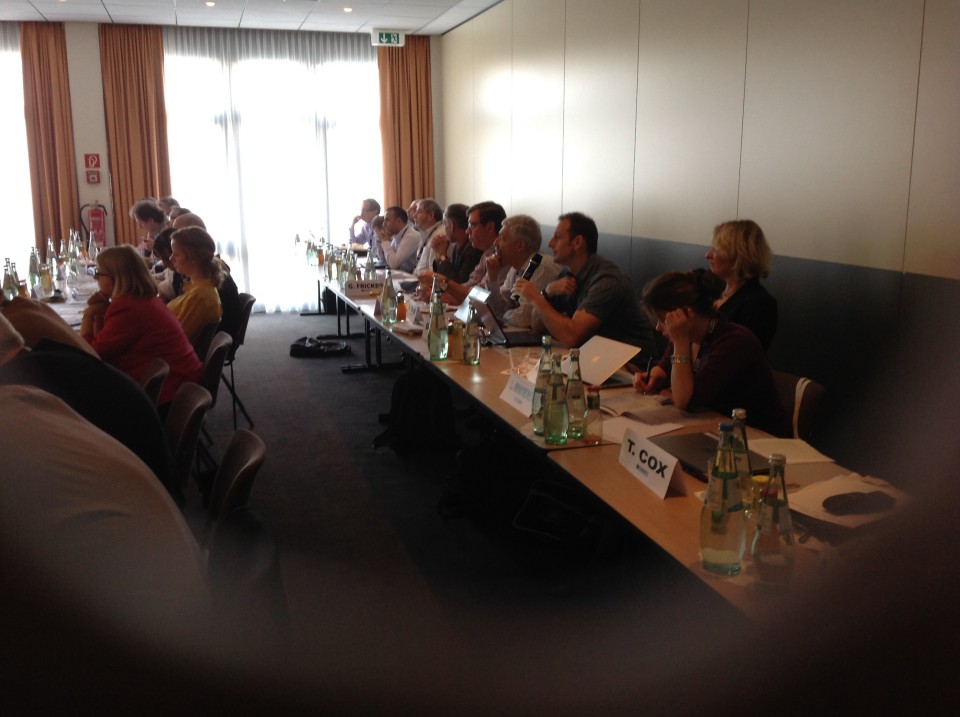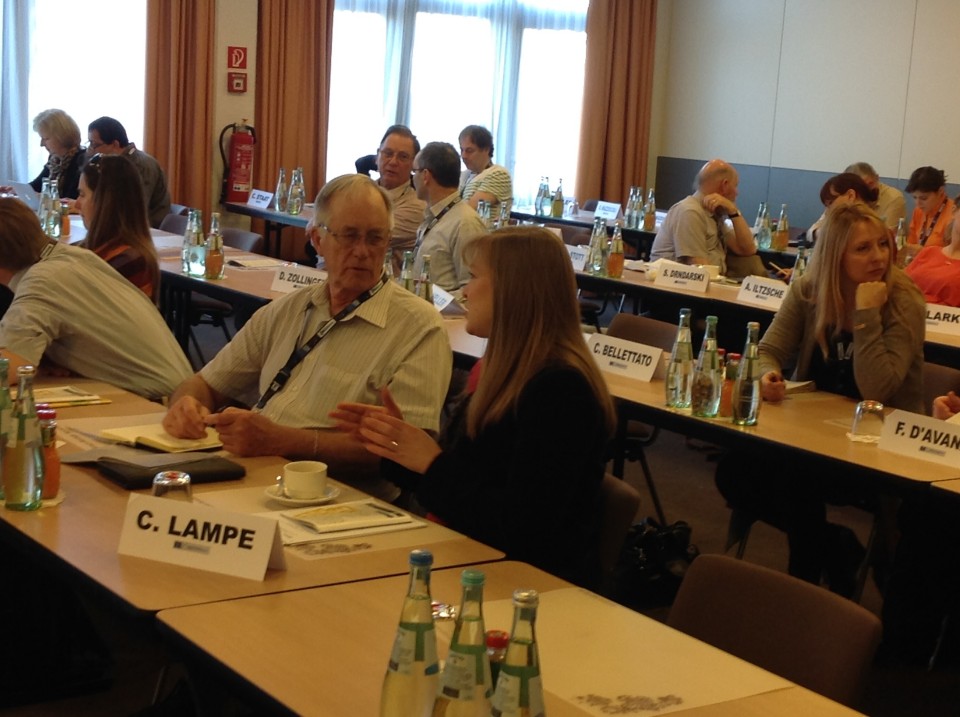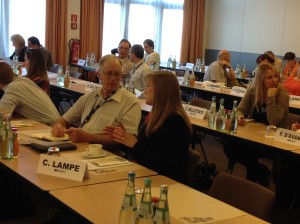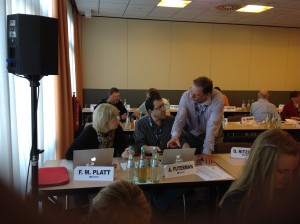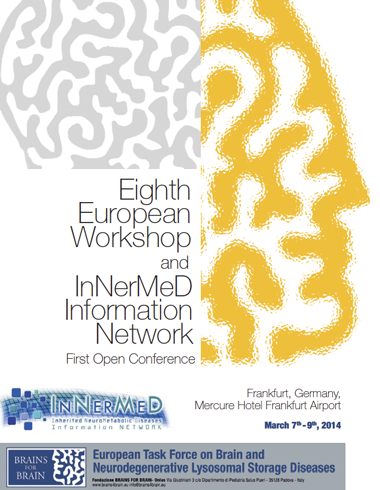
The Brains for Brain Foundation (B4B) is an International Task Force formed by outstanding scientists and clinicians leaders in the neurological field, grouped together with patient advocacy groups and biotech companies to create coordinated and organized research projects aimed at the comprehension and cure of rare genetic diseases that affect and seriously damage the brain, particularly in children.
The “Inherited NeuroMetabolic Diseases Information Network” (InNerMeD-I-Network, European Commission, Executive Agency for Health and Consumers, Agreement number: 2012 12 12, Second Health Programme 2008-2013) is the first European Information Network on Inherited NeuroMetabolic Diseases.
Inherited NeuroMetabolic Diseases (iNMDs) represent an important group of Rare Diseases constituted by genetic metabolic disorders showing clinical neurologic/cognitive symptoms at any time of the disease progression. They are among the most serious genetic diseases at early onset that, involving the central nervous system (CNS), progressively lead to the appearance of irreversible disabilities. Many of the available treatments can result efficacious only if they are administered before neurodegeneration becomes irreversible.
Unfortunately, because of the low-prevalence of these disorders, there is often a striking lack of information, research, treatment and expert availability. There is also often a significant delay before a definitive diagnosis is achieved. Increasing awareness is therefore the first crucial step in fighting these conditions.
The Project InNerMeD-I-Network started on April 2013, with the aim to create a multimedial network of information targeted on research, diagnosis and treatment of inherited iNMDs and it is based on the collection and exchange of validated information among scientific communities, health professionals, patients, patient associations public health authorities, pharmaceutical companies and other interested parties.
B4B is the organization leading the InNerMeD-I-Network and thanks to its meaningful expertise in the management of projects and its long-standing experience and solid clinical competence in the field of child neurological disorders assures the partners coherence and ability to share decisions and put together relevant knowledge and research competences. In particular, because of its solid experience in developing and fostering networking and collaboration of synergy among research centres and experts and its capacity in strengthening the tie between basic and clinical research in the neurological field, B4B is responsible for the exploitation and dissemination of new scientific knowledge.
To this aim, B4B has recently organized the 8thB4B Workshop and InNerMeD-I-Network 1st Open Conference, jointly held in Frankfurt, at the Mercure Hotel, on March 7th – 9th, 2014.
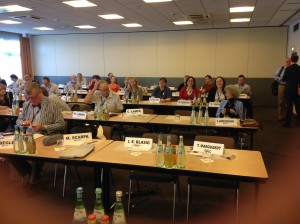
This edition brought together more than 60 participants.
The increasing number of participants that every year attend the annual B4B Symposium is a sign of the increasing awareness of the importance of interdisciplinary dialogue among experts working in the field of iNMDs. Moreover the active participation of new and old attendees, seriously committed to combine their forces and their scientific experiences, is a prove of evidence of the successful networking activity performed by the Brains for Brain International Foundation on behalf of all InNerMed-I Project Partners.
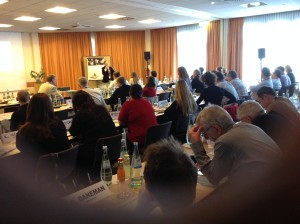
The meeting was aimed to enable the exchange of information among clinicians, basic scientists and experts specialized in inherited neurometabolic diseases (iNMDs), pharmaceutical companies and family associations.Invited speakers, all prestigious Professors from European and non European countries, discussed the following topics:
- Basic aspect of iNMDs and in particular Lysosomal Storage Diseases (LSDs)
- Pathophysiology of these diseases
- Strategy to overcome the Blood Brain Barrier and therapeutic options
- B4B and InNerMeD-I-Network European actions
- Biotech collaborations
Assessment of the results, contribution to the future direction of the field, outcomes
A broad discussion on brain function in normal and pathological conditions was performed with particular attention to the recent advances in diagnostic, treatment options, and technological strategies for a successful management of different neurological affections, in particular LSDs. It was also emphasized the important role of an early intervention in preventing the morbidity and mortality associated with each of the disorders. The programme culminated with the public presentation of the InNerMed project, its objectives and development process, its strategic relevance, its methods and means with particular attention to the dedicated website platform.
The informal feedback given by the participants was very positive throughout. Many stressed that they had learnt a lot from colleagues working in different fields of science. The meeting was in fact very useful for establishing new interactions between the participants and strengthening existing ones. The Workshop objectives of sharing knowledge and experience and initiating joint work were achieved. Participants were able to learn more about the pathophysiology of iNMDs and state of the art of development of new therapeuthical approaches for crossing the blood brain barrier. It represented a great opportunity for facilitating the sharing of information and experimental unpublished data.
The workshop clearly confirmed the fact that LSDs provide excellent models to develop the further understanding of neuro-pathophysiology and deciphering mechanisms responsible of brain alterations in neurodegeneration and consequently develop new approaches for:
- an early identification and diagnosis of neurodegenerative disorders caused by storage of macromolecules, and their pathophysiology;
- the study of the physiology of the blood brain barrier by creation of in vitro models and analysis of models;
- the development of new strategies to cross the blood brain barrier as a major goal to achieve brain therapy and to modify in a positive manner the natural history of these lethal progressive diseases.
All the derived results will be important for the research and treatment of other neurodegenerative disorders in the adulthood (i.e. Alzheimer and Parkinson disease) where effective therapy, often of “difficult” molecules such as biopharmaceuticals, may also be required.
The most effective way of achieving this aim is through the establishment of a combined multidisciplinary approach involving clinicians, basic scientists, biotech companies and family associations.
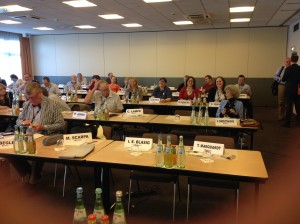
The meeting reinforced several key themes and saw also a number of emerging issues including the necessity to promote the education of high skilled young professionals to ensure perpetuation of knowledge in next generation of medical and basic scientists. The loss of expertise in rare neurometabolic disorders due to the ageing and retirement of a generation of scientists represents, in fact, a crucial problem in the field of iNMDs since it aggravates the “brain drain” and the scarcity of expertise in rare disease.
It was interesting to note the extent of common concerns among participants across the range of different kinds of projects and organizations.

